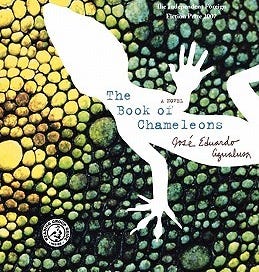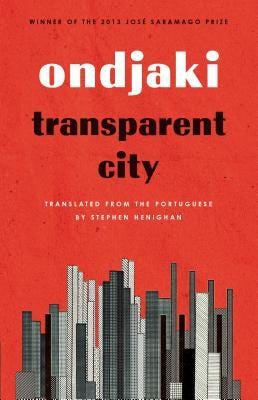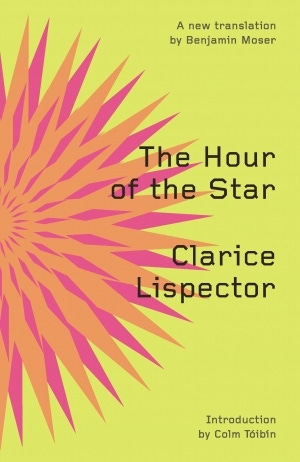I've Read A General Theory of Oblivion, Now What?
In October we took a trip to Angola to discuss A General Theory of Oblivion written by José Eduardo Agualusa. The Portuguese author was recommended to me by Carina Pereira, who often reviews for our blog. Our book clubbers mostly enjoyed the story of Ludo, the woman who walled herself in her apartment for 30 years. The novel consisted of many perspectives and while some were very interesting, it did become difficult for some of us to keep all the characters apart. This did lead to an interesting discussion on reading fiction from other cultures and languages and how the names can be confusing in cultures different from your own.
With this post, we'll recommend some other books written in Portuguese. It's a little difficult to find novels translated in English, so I added an Angolan and Brazilian writer as well. This way you get a whole spectrum of Portuguese writing, which should be interesting to compare. We have discussion questions at the end of the post, just in case you're reading the book with your own book club. Feel free to leave any recommendations for this book in the comments as well!
Reading recommendations for A General Theory of Oblivion
Not a lot of Agualasa's work has been translated into English, but you will be able to find The Book of Chameleons at your better book shop. The narrator of the book is a rather charming chameleon who lives with a man who sells pasts. Sounds perfectly weird and interesting!
Sticking to Angola, I want to recommend Transparent City by Ondjaki. Also set in the city of Luanda, in a crumbling apartment block, the melancholic Odonato feels nostalgic for the country of his youth. He's searching for his lost son and losing all hope as the city outside his door changes beyond all recognition and Odonato's flesh becomes transparent and his body increasingly weightless.
For our final recommendation, we're moving to another Portuguese speaking country. Clarice Lispector is one of the most acclaimed Brazilian authors and her short novel The Hour of the Star seemed fitting with the story of Luanda. This novel is narrated by a cosmopolitan called Rodrigo who tells us the story of Macabéa. She lives in the slums of Rio as a typist, has a shitty boyfriend, and wishes to be like Marilyn Monroe. Rodrigo recoils from her wretchedness, but even though Macabéa should be intensely unhappy, she is inwardly free while our narrator is on the edge of despair.
Discussion questions for A General Theory of Oblivion
I enjoyed comparing this novel to our September book club pick Bird Cottage. Here we discussed that the author tried to stay as true to her real-life inspiration as possible, while Agualusa explicitly states he does the opposite. What did you think of his loosy-goosy way of dealing with real-life events?
During our book club we mentioned how it was interesting to learn about the Angolan War. Did you think of the book as informative on this matter and do you think it should be?
In Portuguese, you refer to everyone by their first name, while in English you often use last names, especially if you don't know someone so well. Did this confuse you in any way? Discuss how names are used in your own culture.
Maybe not a very literary question, but I still can't figure out how Ludo built that wall??






